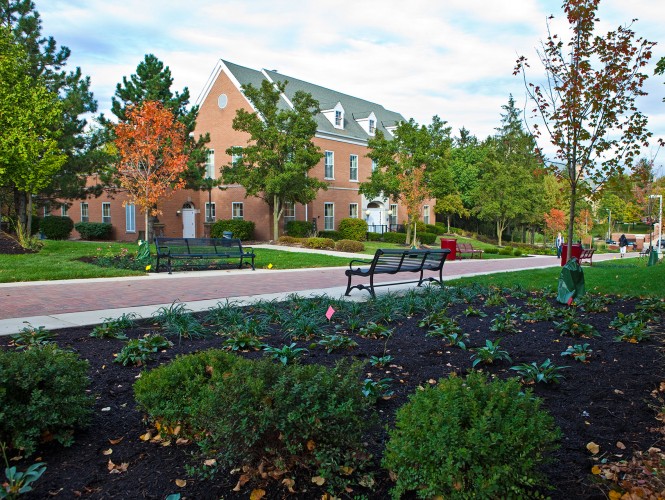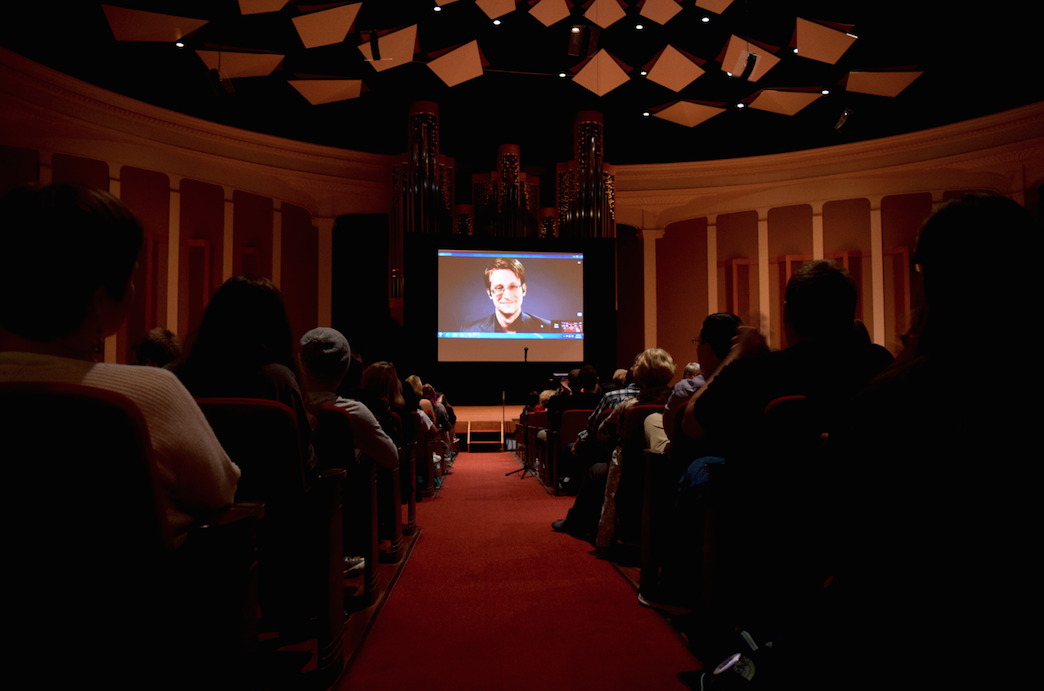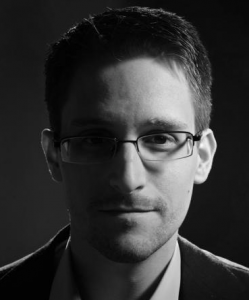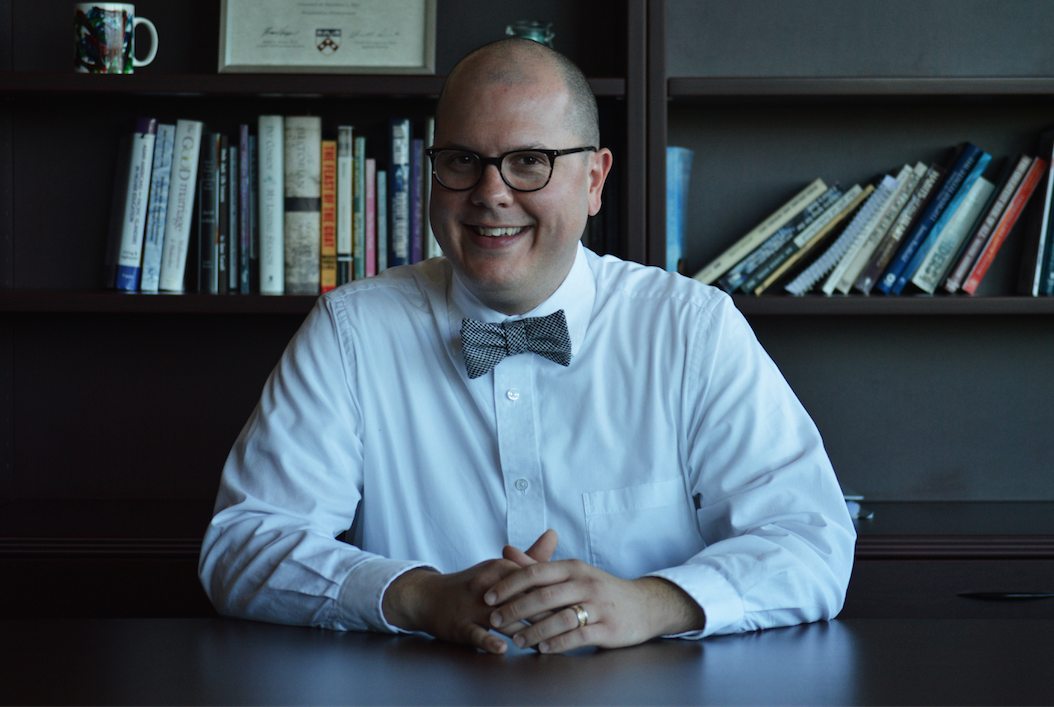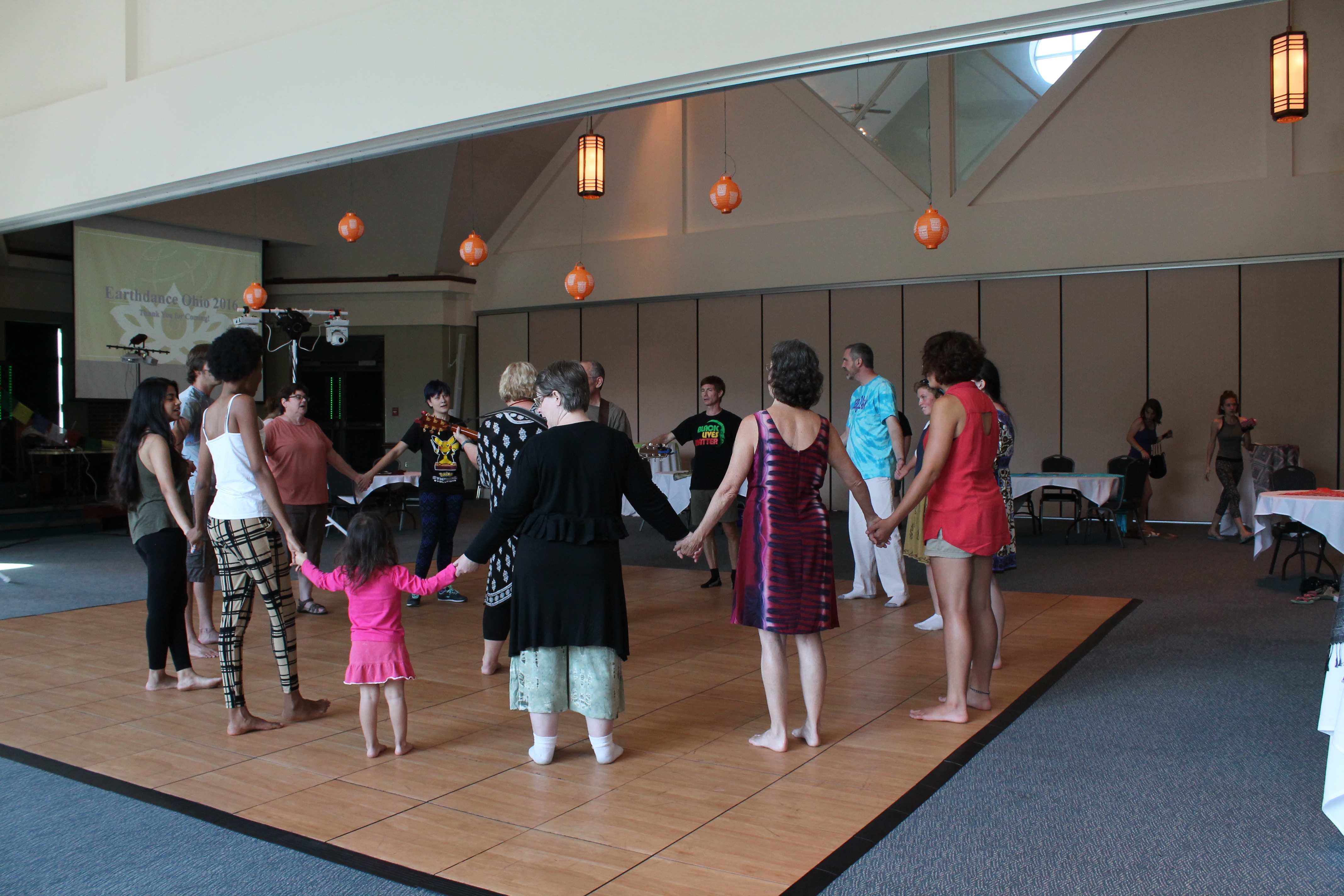By Areena Arora, Managing Editor
Although $109 million has been raised in two years, this is not the end; Ohio Wesleyan’s ongoing capital campaign is only halfway through.
The seven-year campaign, “Connect Today, Create Tomorrow,” was launched on July 1, 2014 with a target of raising $200 million.
The comprehensive campaign is an initiative to raise a very specific amount, in a specific time frame, and for specific purposes, according to Jodi Bopp, assistant vice president for university advancement.
“We’re on track to meet and exceed our goal but that requires a whole lot of generosity, which is never taken for granted,” Bopp said.
The money received is put to use as it comes. “It’s being used today … as money is received, it is put to use immediately,” Bopp said.
Total new gifts and commitments to the program in the year 2015-16 were $27 million, according to a report submitted to the faculty by Colleen Garland, vice president for university advancement.
The objective of the campaign is to raise 75 percent of the target ($200 million) in outright gifts and 25 percent in estate commitments, according to the report.
The campaign fundraising is divided into four kinds of funds: endowment, capital improvement, unrestricted non endowed and current annual giving.
The share of endowment money is the highest at $58,898,836, which is divided to be spent on the OWU Connection, faculty recruitment and retention, scholarships and financial aid, among other things.
As part of the campaign, revitalization of Merrick Hall and Edwards Gymnasium and Simpson Querrey Fitness Center were fully funded through donations.
Bopp said, “All of the new SLUs are being built exclusively through philanthropy … no tuition money is going to that.”
The most recent contribution to the campaign came from Delaware residents Joe and Linda Diamond, who donated to establish a multimillion dollar fund to sponsor a scholarship for OWU students.
The campaign’s fund use priority includes spending $40 million on capital improvements. This includes renovations on academic campus completed last year and improvements in residential facilities, including the two new SLUplexes being built this year.
A major share of the fundraising, $85 million, is to be invested into student programs like scholarships, financial aid and the OWU Connection.
Donors are contacted using various different methods including physical mail, phone calls and in person meetings.
Bopp said, “There are as many ways of communicating to a donor as there are means of communication.”
President Rock Jones also spends a lot of time fundraising for the university over cups of coffees and conversations.
Jones said, “I am thrilled. We are very fortunate to be at this point in the third year of the leadership phase of the campaign. We are fortunate that our alumni and other friends of Ohio Wesleyan care deeply about the university and want to make generous philanthropic commitment to support the mission of the university … there’s much more to be accomplished.”
He added, “This has been a campaign that has seen extraordinary gifts from a large number of people. Many of the largest gifts to the campaign came from people who have never given or at least not at the level that they are giving now. It is hard for me to single out one or two … there are so many stories of deep generosity.”
The single largest priority of the fundraising is endowment for scholarship and financial aid. Endowment for faculty positions is a very significant component, Jones said.
Bopp said, “Endowment fund is an investment fund. If you give $100, that would stay invested … and we would be using the interest from it. An endowed fund can support really anything at the university. Board of Trustees often want to grow the endowment. Ours is somewhere north of $200 million … it provides financial underpinning to the university.”
Since endowment funds are invested and grow, they are sustainable.
Jones said, “It is here forever.”
The 22-member Campus Campaign Committee, chaired by Darrell Albon, administrative director of OWU Connections program, is in charge of leading the fundraising efforts. The committee includes faculty and staff members and students.
